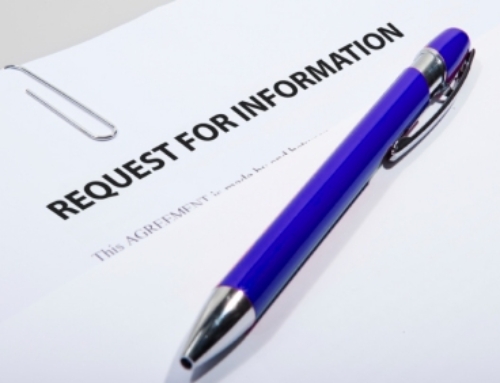How Managers New to Interviewing Can Prepare for Candidate Job Interview and Fight Nerves
When it comes to interviewing, there is often the assumption that hiring managers know how to interview candidates in a meaningful way that provides clarity around applicants’ experience and overall fit with open roles. However, depending on their experience interviewing, managers can be just as nervous as candidates. After all, hiring managers are human too. That’s why it’s important for new or inexperienced managers to be very well prepared to avoid any possible jitters.
“Stepping into the role of interviewer isn’t a skill that managers are trained on how to do and it’s a high-pressure situation where they are asked to represent the entire company in the best possible light.” says Phil Templeman, owner and recruiter at Frontline Recruit. “There are steps to take that can boost your manager’s performance in these settings, like meditating ahead of time to making sure you’re highly prepared by reading through the candidate’s resume and cover letter, there’s much you can do to feel more confident.”
Here are some tips managers new to interviewing can follow:
Preparation is key. It’s not surprising that doing your homework can pay off when you’re in a high-pressure situation. That’s definitely true for an interview that you’re conducting. One key takeaway to prepare for the interview you’re about to conduct is to gain a deep understanding of the person’s job experience by reading and re-reading the person’s resume, LinkedIn profile and cover letter.
Also, try drafting some questions you want to ask before the interview so that you have an idea about what you want to ask. You can even jot down notes on a copy of the person’s resume to help.
Get coaching from your preferred talent partner. If you want to really ensure you’re never nervous for a job interview again, simply ask for help from an expert. Recruiters and other members of your company’s HR team are well-versed when it comes to interviewing potential candidates. Therefore, simply tap them for advice before the interview date. They can coach you on ways to perform best under pressure by doing mock interviews with you, reviewing the types of questions you ask, and answering any questions you may have about the process.
“When in doubt, you can always turn for help to the recruiter who is helping you connect with these top candidates.” says Templeman. “Their jobs are dedicated to finding and hiring the best talent for a lot of companies, so they’ll be more than happy to assist you as a hiring manager trying to fill an open role.”
Enjoy your time with the candidate. Instead of having the interviews seem like a stuffy, extremely formal experience, you can make them more of a conversation. While it is, of course, very serious business to hire a strong candidate for your team, you’re both only human at the end of the day. You also want to make candidates (and yourself) feel at ease so you get a stronger assessment of each person’s unique skills and abilities during your time together.
In sum, you can ease the pressure and stress of conducting candidate interviews by preparing yourself through research, working with your talent partner and HR team to learn more about interviewing and by keeping the interview itself as conversational and light as possible. By following these pieces of advice, you’ll find all-star employees in no time (and be less nervous)!








